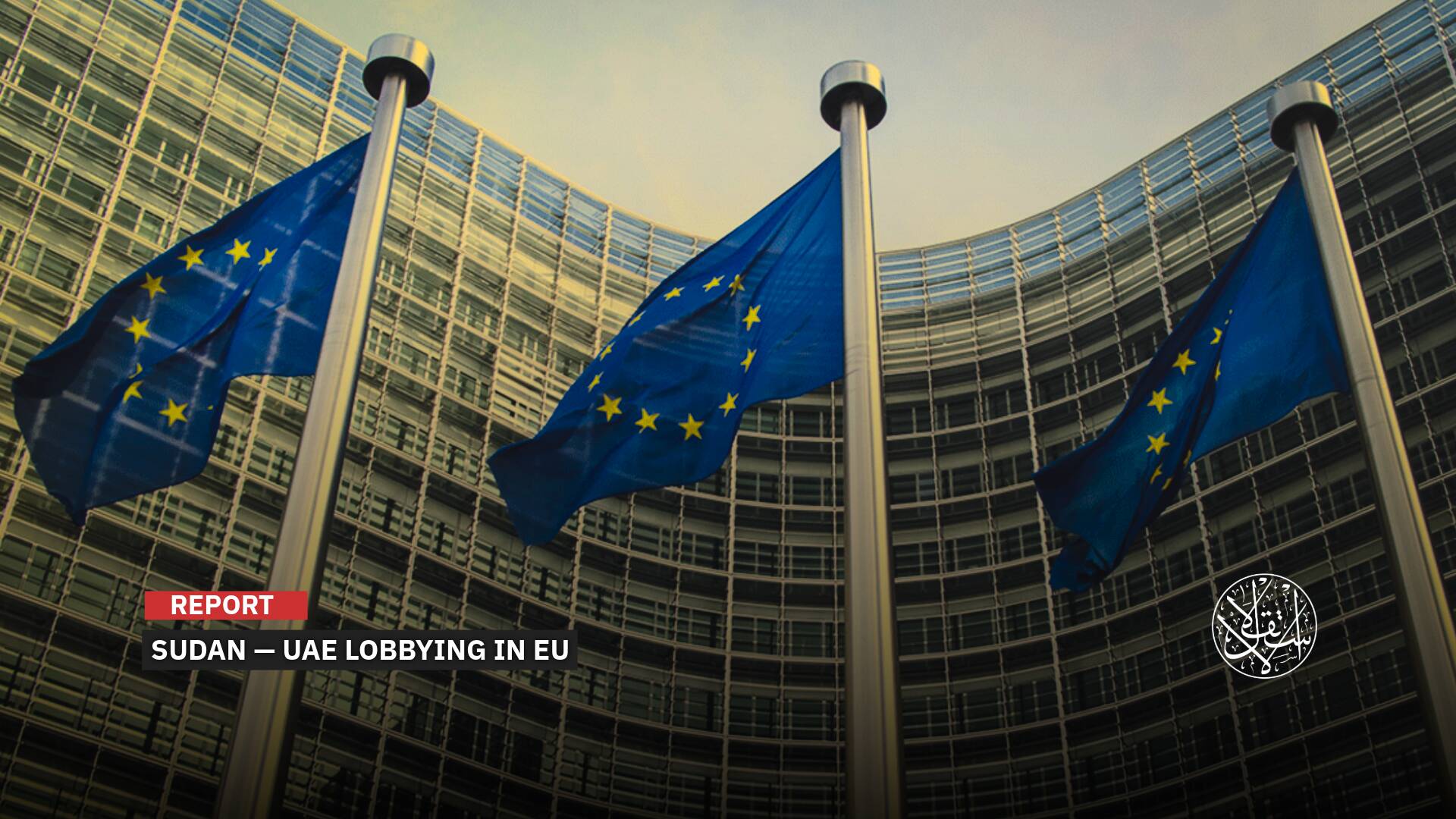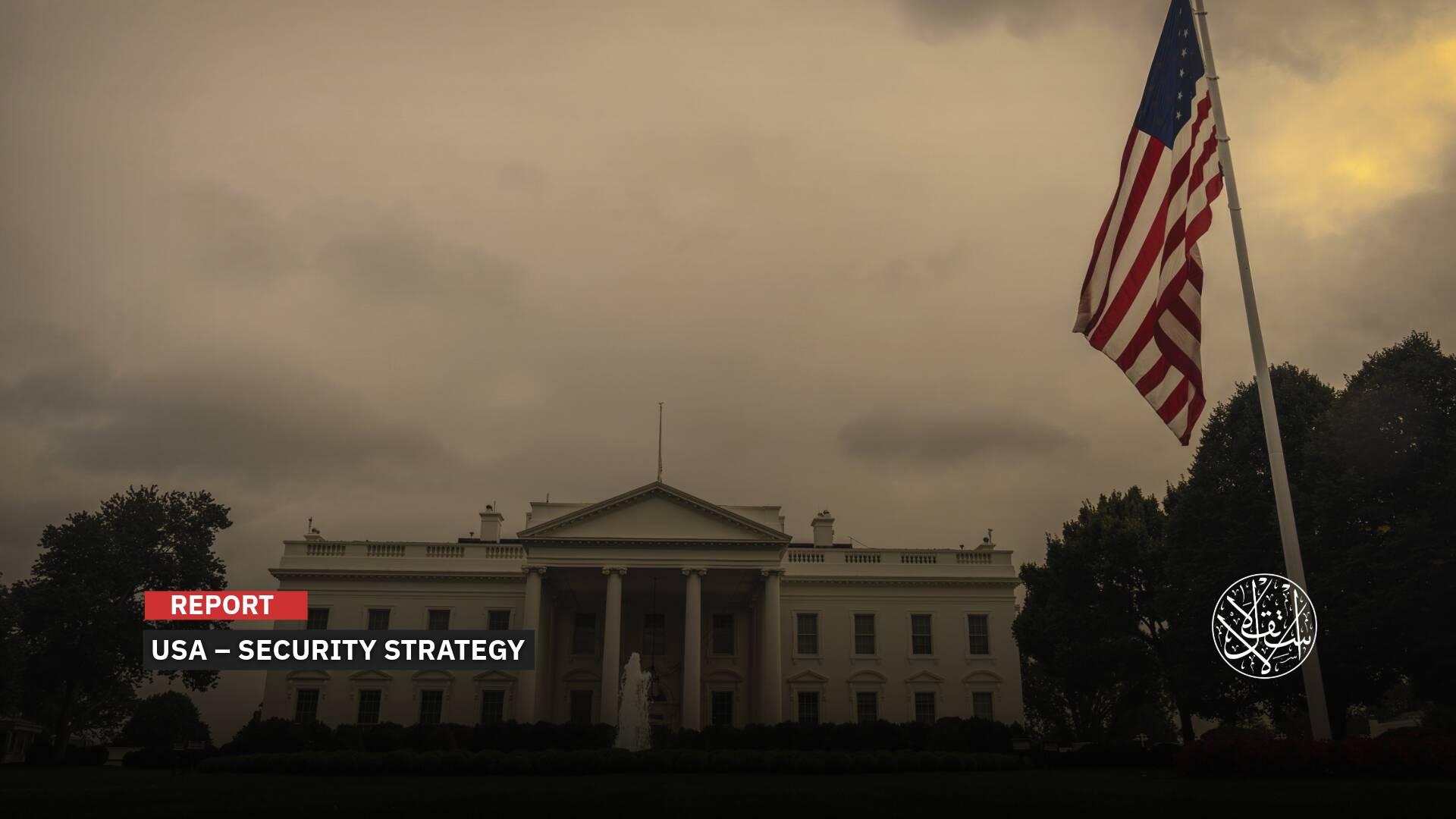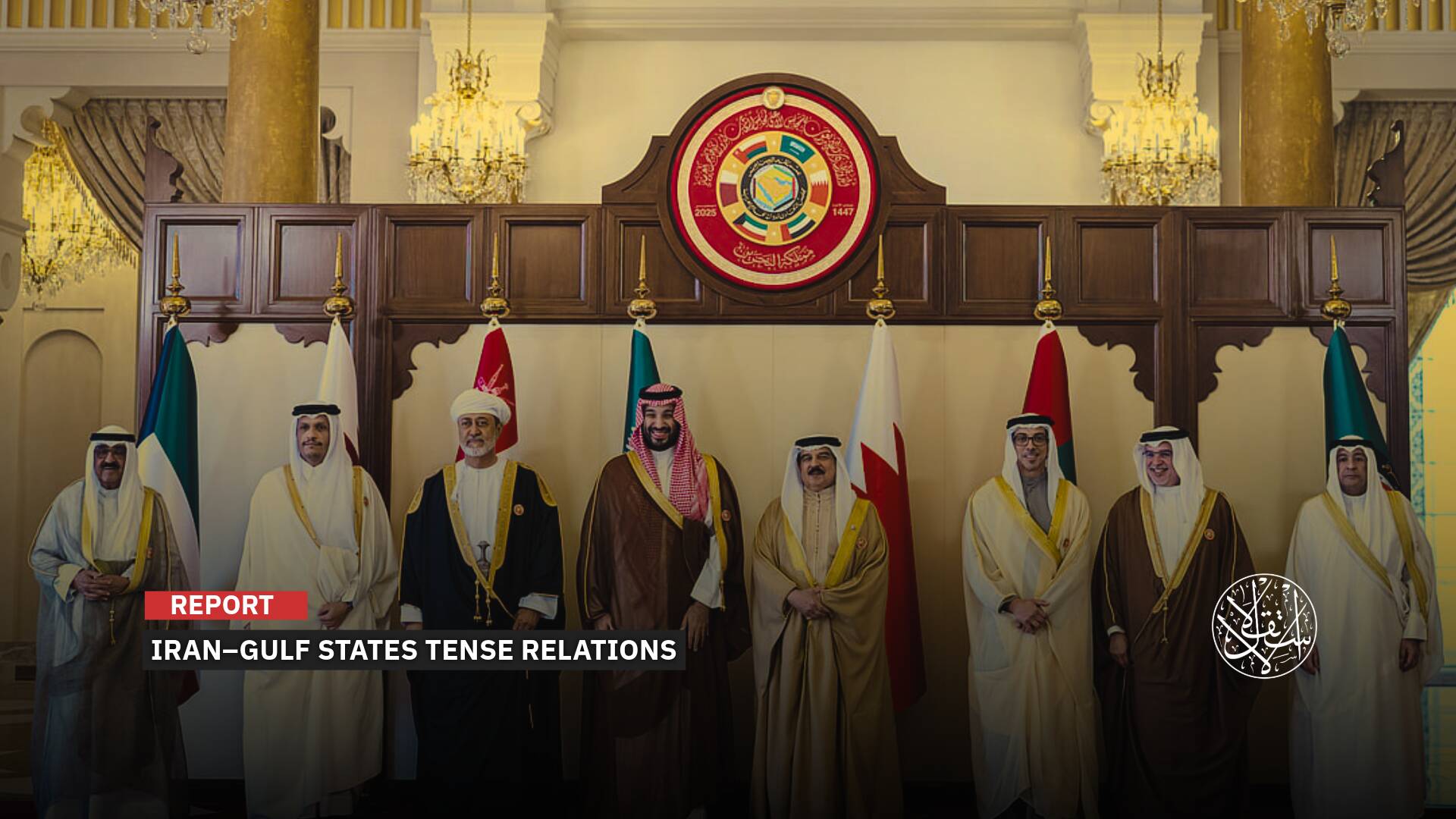Chad’s Military Government Signs Peace Agreement With Rebel Groups in Doha

The Chadian parties signed, on Monday, the Doha Peace Agreement, which was the culmination of negotiations recently hosted by Qatar, between Chadian groups and the ruling Transitional Military Council, with regional and international participation.
The signing ceremony of the agreement was held in Doha, where delegations from the transitional government (the Transitional Military Council), opposition groups, in addition to representatives of the African Union and a number of regional and international organizations and ambassadors, were presented.
The agreement was intended to be the start of the comprehensive and sovereign national dialogue in Chad in the capital, N'Djamena, aiming at achieving a comprehensive national reconciliation.

Peace Pact
After years of chaos, more than 40 rebel and opposition groups signed a peace agreement with Chad's transitional authorities on Monday, August 8, 2022, accepting to join broader talks, despite the refusal of the most powerful insurgent group to be in.
Delegates applauded after the rebels agreed to cease fire and join a national dialogue which could pave the way to a presidential election that will start on August 20 in the central African country, as said by Chad's leader.
“Under the auspices of the State of Qatar, the Chadian parties sign the #Doha_Peace_Agreement_in_Chad. This stems from the active regional and international role of Qatar in providing the basic ground for mediation and preventing the outbreak and exacerbation of conflicts,” the Qatari Foreign Ministry said in a statement on Twitter.

Qatar confirmed in a statement released one day before the agreement was signed, that it has hosted negotiations during the past five months for a broader national reconciliation dialogue.
“This agreement paves the way for the start of the national, inclusive, and sovereign dialogue in Chad in the capital, N'Djamena, which aims to achieve comprehensive national reconciliation,” said Qatar's Foreign Ministry.
Violent Power Struggle
The signing of the agreement follows five months of peace talks in Qatar between opposition factions and the interim Chadian military government headed by four-star General Mahamat Idriss Deby, 37, who took power after the death of his father last year.
Rebel group, Fighters of the Front for Change and Concord in Chad (FACT), rejected the Doha agreement saying in a statement posted on Twitter that the rejection was because of “the failure to take our demands into consideration.”
On April 20, 2021, the Chadian army announced the death of the country's president, Idriss Deby, 68, in clashes with rebels just days after his reelection for a sixth term, where the rebels were launching an attack to topple his ruling regime.
After his death, a transitional military council was formed to lead the country for 18 months despite constitutional protocol saying that the parliament’s speaker should have taken power.
After seizing power, the military suspended the constitution and dissolved the government, but promised to hold “free and democratic” elections.
In addition to establishing a Ministry of National Reconciliation, Deby appointed an advisor for reconciliation and dialogue at the Presidency of the Republic, and called on all parties, including armed movements and rebel groups, to participate in the national dialogue.

However, threatening to depose the new leader, FACT said in a statement after Deby’s death reading: “Chad is not a monarchy, [and] there can be no dynastic devolution of power in our country.”
The developments increased the violent power struggle in Chad, which has already suffered from successive rebellions since its independence in 1960. Deby, the father, himself, took power leading a 1990 rebellion and overthrew authoritarian leader, Hissene Habre.
Rebel forces reached the capital in 2006 and 2008, and came close again in 2019. FACT and all rebel groups in Chad had one goal which is toppling Deby.
The group was enraged by the so-called ‘stolen election’ on April 11, with Deby winning by 79.3% of votes.
Most armed groups, including FACT, wanted to topple Deby so they could have a “seat at the table, to benefit from [Chad’s] sources of wealth and political influence,” according to the africa report.
The hostility stemmed from a rivalry between “Deby’s Zaghawa ethnic group and the Gorane ethnic group (also known as Toubou or Daza). Habré and the current head of FACT are also from the Gorane ethnic group.”
So overthrowing Deby was the rebel groups ultimate goal. But because the son seized power, this goal has not really been achieved.
Attempts of Previous Agreements
Talks between different opposition groups in Chad have already been taking place in Doha since March, 13, 2022.
The African Union has given Deby’s transitional military council 8 months to organize a democratic transition.
One of the stated goals is to persuade armed groups to come to the table for a “comprehensive national dialogue” scheduled for May 10 with political and armed opposition factions.

Chadian Prime Minister Albert Bahimi and Chairperson of the African Union Commission Moussa Faki Mahamat stressed at the opening of accession talks in Doha that it would be necessary to make "concessions" for the success of the negotiations.
The opening ceremony took place in the absence of 84 leaders from 44 armed groups, due to their inability to leave their strongholds in Libya, Sudan and other regions, because their travel documents were not available in time.
“Peace requires more courage than war,'' Bahimi said at the opening of the negotiations.
"The real courage is not holding a weapon, but in throwing it down."
The rebels demanded, as a precondition, the return of their "looted" property, the adoption of a general amnesty, and the release of "prisoners of war," which the Military Council began to do, but it still excludes a number of them, especially the FACT’s members, which were accused of killing the former president Idriss Deby.
The military council had pledged to hold “free and transparent elections” in Chad before the end of 2022.











